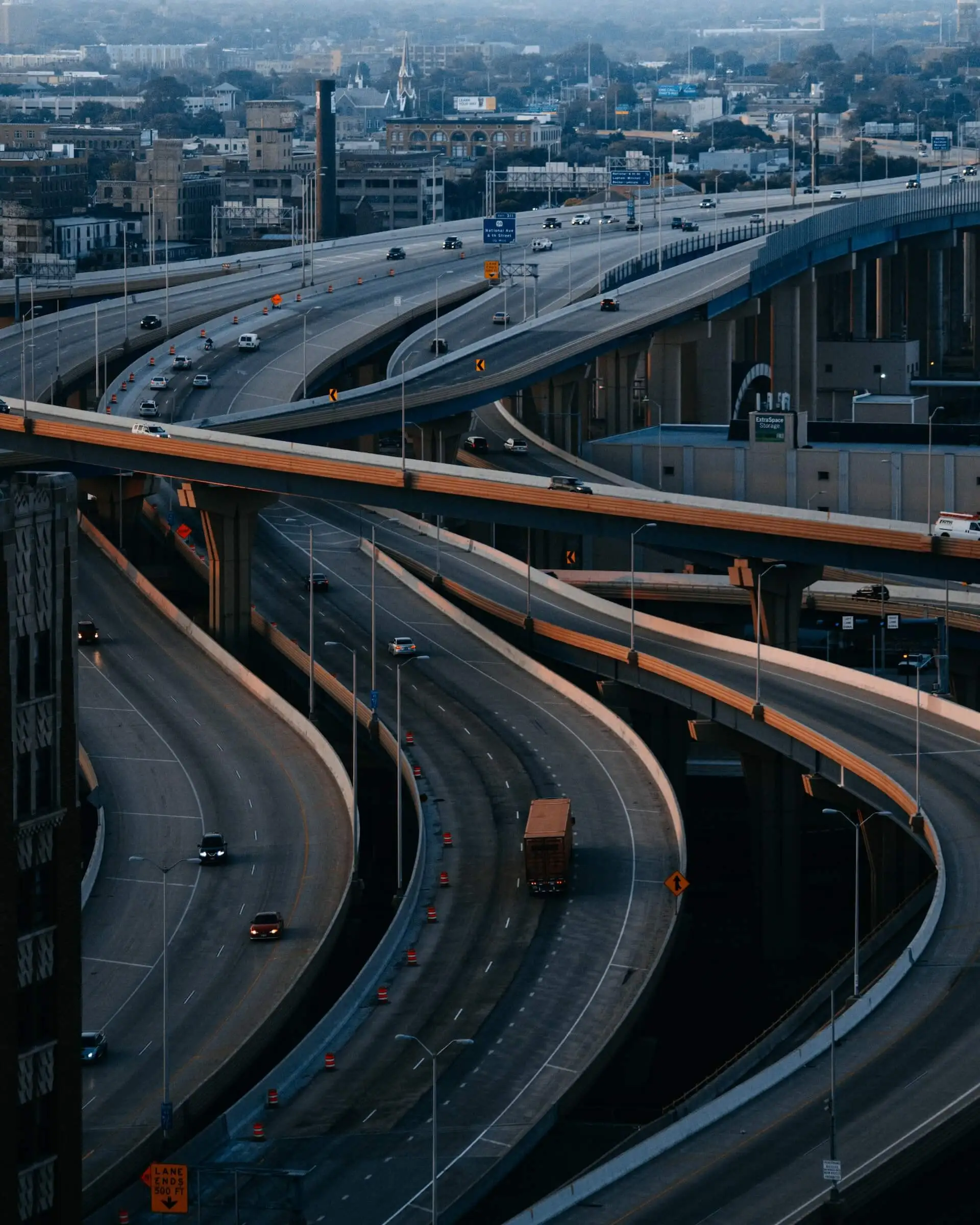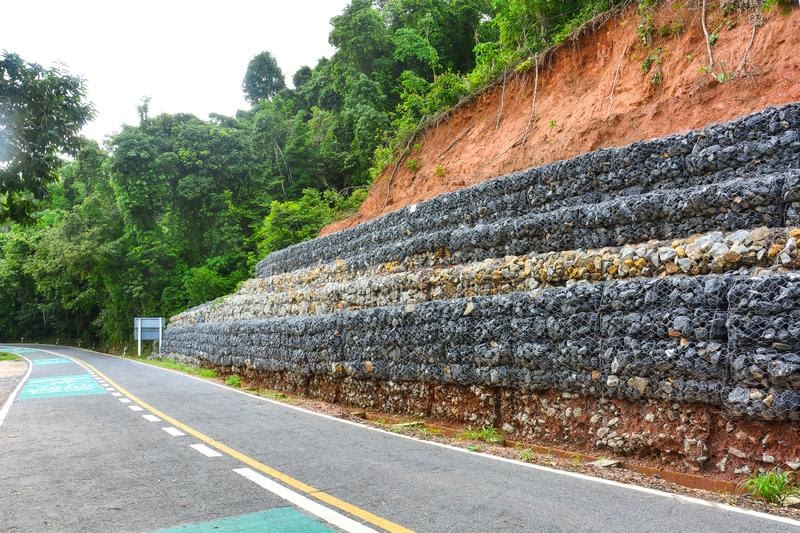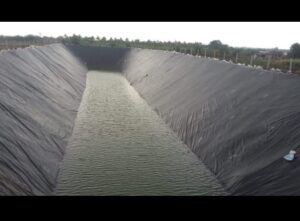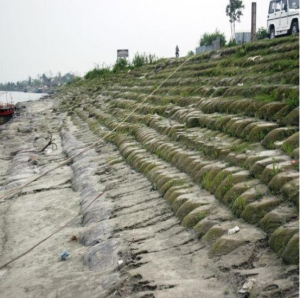Landslide Protection and Slope Protection With Gabion Retaining Wall
Landslides are the downward movement of rock, soil, or sometimes both along the slopes of hills and mountains. In uninhabited places, they are just a hazard but become a disaster in inhabited areas. Landslides are a common occurrence in Northern and North-Eastern India, especially in the regions of the Himalayas, Western and Eastern Ghats, and Vindhyachal. Several landslides occur year after year resulting in loss of life and property and damaging the infrastructure and resources. Whether due to man-made activities in the name of development, climate change, or other environmental factors, landslide mitigation is the need of the hour.
Activities like excavation, mining, loading and unloading slopes, and deforestation, are primary activities of man that cause considerable ecological disturbance in the hilly regions. Considering slope failure, soil erosion, drainage problems, and rising groundwater levels helps find proper solutions. Today, it is impossible to conceive any geo-environmental engineering solutions without the use of geosynthetics. The same holds good for landslide hazards. In this article, we take a look at landslide mitigation and slope protection with Gabion retaining wall. Gabion walls in conjunction with erosion control mats offer optimum landslide mitigation.
Ocean Geosynthetics provide robust weld mesh gabions for Gabion retaining walls to stabilize slopes vulnerable to landslides.
Table of Contents
How do landslides occur?
Most often, cloudbursts (even glacier bursts) trigger incessant rains that saturate the soil along the slopes and loosen it. The loose soil then gains momentum, gushes down with water, and sweeps up everything in its path. Such ecologically sensitive and fragile areas warrant better planning to stabilize the slopes and prevent catastrophic landslides. Since the primary reason for landslides is an unstable slope, it helps to pay attention to stabilizing it efficiently.
Role of Gabion Retaining Walls in landslide protection
Any landslide-vulnerable site warrants a detailed inspection of various factors before developing a solid mitigation plan. Stratigraphy, a study of the soil matrix, and the identification of destabilizing forces are imperative. Gabion fascia is a very efficient way to counter slope instability.
Double-weld mesh gabions as a retaining wall are a low-cost landslide protection solution. Deployed easily and assembled quickly, the gabions are not just resilient and flexible but use on-site fill, making the entire process less cumbersome and faster. Additional advantages are permeability, free drainage, and no adverse environmental effects.
The Gabion retaining walls act as a mass gravity structure providing stability to slopes against debris fall. The retaining walls provide support to the slopes by resisting lateral movement and pressure. Gabion retaining walls can be as high as 30 feet.
Why Gabions?
Apart from being highly durable and flexible, the tensile strength is super advantageous. Not to forget the galvanized coating that makes it corrosion and rust-resistant, able to withstand extreme climates. Ease of transportation and assembly with low installation time and cost, and malleability are other elements that make gabions the most appropriate retaining wall and slope stabilization structures. Appropriate water channelization and drainage ensure the longevity of the gabion walls, requiring little or no maintenance.
You can rely on Ocean Geosynthetics for weld mesh gabions that are flexible, durable, and highly affordable. The double-twisted hexagonal gabions come in various sizes as gabion baskets, mattresses, or decorative gabions. Contact us for further details and to discuss your project requirements.
FAQs
What materials are used to make gabion baskets?
Gabion baskets are commonly made from galvanized or PVC-coated steel wire mesh.
Can gabions be used in marine environments?
Yes, gabions can be used in marine environments as they are resistant to corrosion and can withstand the impact of waves and currents.
Are gabions environmentally friendly?
Gabions are considered environmentally friendly as they allow water to flow through, promote natural vegetation growth, and are often made from recyclable materials.




